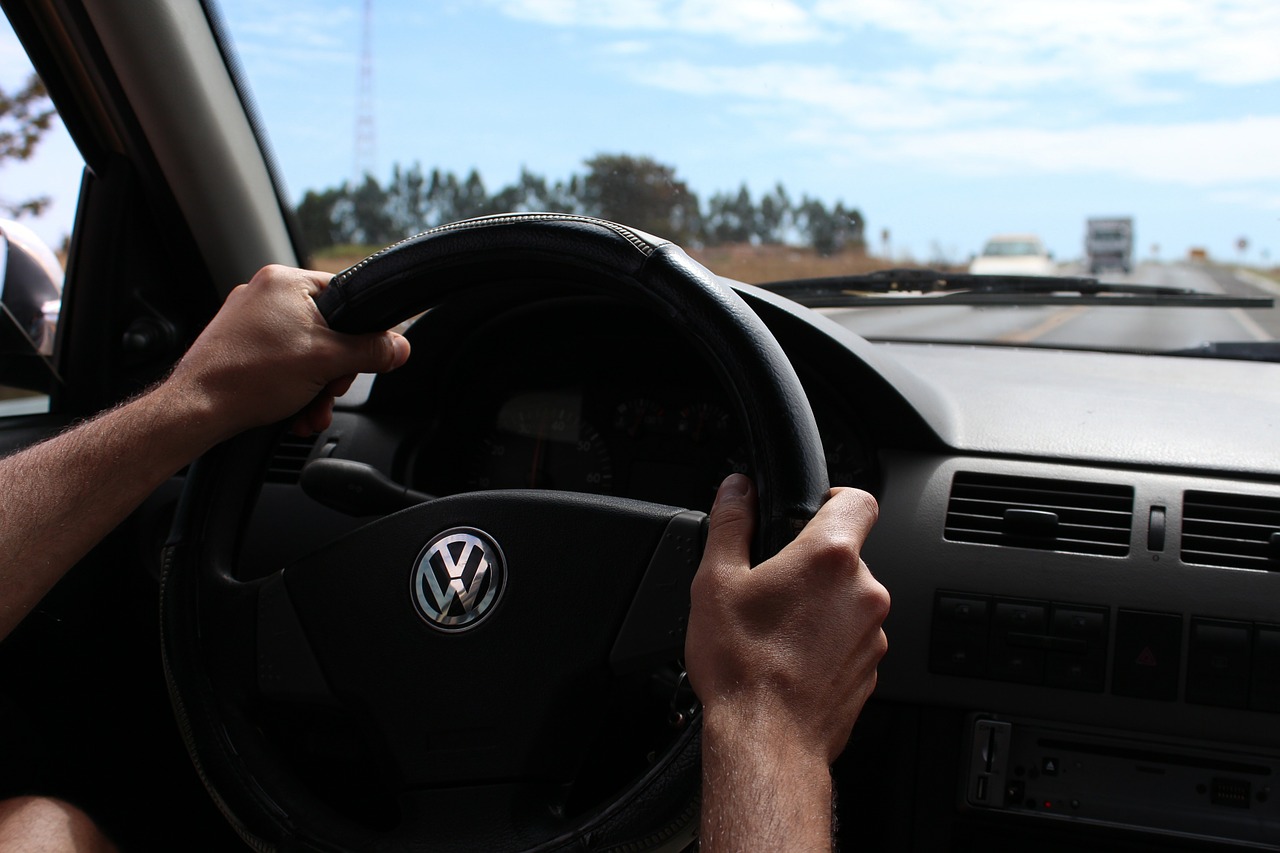Do Californians need stronger protection regarding their cellphone privacy?
That is the issue currently before the Public Utilities Commission. California’s telephone privacy rules are more than 20 years old, developed during the infancy of the debut of the cellphone.
A debate next month between PUC commissioners and the wireless industry, led by AT&T, Inc. will determine whether additional regulation of the wireless industry is necessary. Commissioner Catherine Sandoval, a law professor who specializes in telecommunications, says “[n]ew forms of personal information and new capacities for tracking that information” were unforeseen when earlier laws and regulations were written.1
What Activity Needs to be Regulated?
According to reports, telephone companies install apps on customer’s devices that collect and transmit personal information, such as Internet use, to private data-mining firm Carrier IQ without the cellphone owners’ consent.1
Forcing tracking software on unsuspecting customers “flies in the face of our [state] constitutional right to privacy,” said Mark Toney, executive director of the Utility Reform Network.3
However, Richard Holober, executive director of the Consumer Federation of California, doubts California legislatures would attempt to strengthen regulations on the wireless telephone industry. “That the legislature would do anything to advance the cause of telephone privacy is an illusion,” said Holober.4
Cellphone Tracking may be Used to Put You at the Scene of the Crime
Internet-based services such as Google, Yahoo and Bing routinely request that smartphone users allow their location to be identified. While optional, many consumers may not be aware that allowing their position to be identified literally tracks where they are at a given time.
Additionally, navigation apps installed in virtually all modern smartphones use GPS technology to help you get to where you are going. However, the technology could make use of cellphone evidence that may be used to confirm a suspect’s place and time during the commission of an alleged crime.
Do Californians Have a Right to Privacy?
The California Constitution guarantees privacy under Article I, Section 1 of the California Constitution. Secretly installed applications on consumer cellphones that track usage violate that right.
On the other hand, getting the government to protect individual privacy in the wake of 9/11 is a difficult sell. Citing national security concerns, respecting individual privacy seems to have taken a backseat.
Earlier this year, former National Security Administration contractor Edward Snowden made headlines after he disclosed up to 200,000 classified documents to the press. Snowden’s release of NSA material is considered the most significant leak in U.S. history. He revealed Internet surveillance programs as well as the interception of U.S. and European telephone information.
Some believe what Snowden did was heroic. Others believe it was treason. According to Snowden, his “sole motive” for leaking the documents was “to inform the public as to that which is done in their name and that which is done against them.”5
The disclosures have stirred debate over government secrecy and mass surveillance, and the balance between national security and information privacy.
As a result of his disclosure, Snowden is wanted for espionage and is a fugitive from the law residing in Russia under temporary asylum.
What is the Public Utility Commission’s Position Regarding the Wireless Industry?
The Public Utilities Commission (PUC) has been reluctant to get involved in regulating the wireless industry. However, that position may be changing in an era when smartphone users have legitimate concerns about protecting their personal information.
A 2012 survey conducted by the Pew Internet & American Life Project demonstrated that over 50% of consumers elected not to install certain apps on their smartphones after they learned just how much of their personal information would be shared.6
While industry giant AT&T states that it takes “very seriously our responsibility to protect the privacy and security of our consumers,” this position isn’t credible in light of reports that the wireless industry has allegedly secretly installed information gathering apps on their customer’s devices without their consent.7
What Can You Do about Protecting Your Right to Privacy?
On January 16, 2014, the PUC is scheduled to take public comments on this controversial subject when it meets in San Francisco. Consumers concerned about protecting their privacy rights regarding their wireless devices would be advised to make their voices heard and tell the commission that unwanted invasion of individual privacy is intolerable.
Americans deserve and should demand more respect for their constitutional rights.
1. [Los Angeles Times: “State regulators weigh need for stronger cellphone privacy rules”; http://www.latimes.com/business/la-fi-cellphone-privacy-puc-20131207,0,3040011.story#ixzz2n1FavSht]↩
2. [Id.]↩
3. [Id.]↩
4. [Id.]↩
5. [The Guardian (London): “Edward Snowden: the whistleblower behind the NSA surveillance revelations”; http://www.theguardian.com/world/2013/jun/09/edward-snowden-nsa-whistleblower-surveillance]↩
6. [Los Angeles Times: “State regulators weigh need for stronger cellphone privacy rules”; http://www.latimes.com/business/la-fi-cellphone-privacy-puc-20131207,0,3040011.story#ixzz2n1FavSht]↩
7. [Id.]↩



